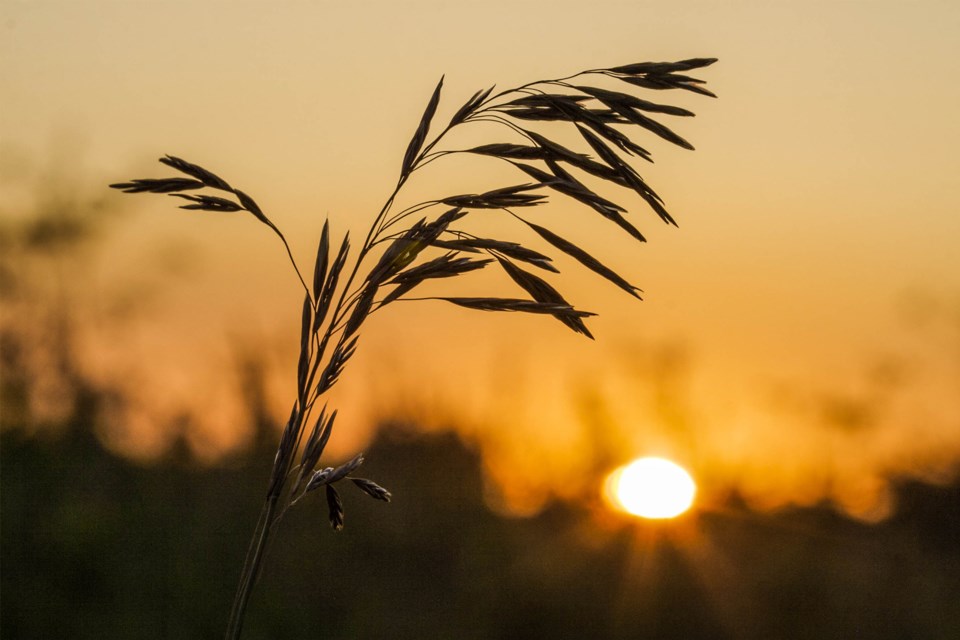As trade disputes between the United States and China escalate, the Grain Growers of Canada (GGC) is publicly calling on the Canadian government to address the impact of the conflict on local producers.
GGC, which represents 65,000 grain producers across the country, hopes to see the federal government update some of its agriculture programs to better support farmers caught in the middle of the developing trade war.
“There are things the government can do to help mitigate some of the issues,” said Jeff Nielsen, GGC Chair and a grain producer near Olds. “There are tools farmers can use in their tool box, but ultimately, we need to see this government step up to the plate for Canadian producers who are dependent on trade.”
AgriStability – a federal risk management tool that provides Canadian farmers with protection against sales declines more than 85 per cent, according to the Agriculture Financial Services Corporation – is one of the programs GGC would like to see updated. Nielsen said GGC wants the program to cover margin losses less than 85 per cent and to remove the current reference margin limit.
“We’re looking for some pretty major changes to [AgriStability], to make it more attractive to producers that could be caught in a situation where their income does fall significantly this year,” he said, “[so] they could use this program to try to offset some of those losses.”
Another federal program Nielsen said GGC wants changed is its Advanced Payment Plan. The interest-free portion of this plan should apply to all crops, he said, not just canola, and be increased from $100,000 to $500,000. According to Nielsen, this would support Ontario and Quebec soybean farmers, who are struggling with price shortages as a result of the conflict.
GGC’s call for government action comes three months after China began banning canola seed imports from Canada, stating in March, hazardous pest organisms were detected in shipments.
Nielsen said GGC believes China’s ban is “politically motivated.”
“China is claiming it’s a phytosanitary issue with our canola,” he said. “We know that’s not true – we do rigorous testing on all our commodities that go overseas before they’re shipped, to meet the needs of our customers.”
Tensions between Canada and China have increased since December 2018, when Meng Wanzhou, an executive of Chinese tech company Huawei, was arrested on Canadian soil on behalf of American authorities. Shortly afterward, two Canadians – Michael Spavor and Michael Kovrig – were arrested on espionage charges in China, where they are still being detained.
But Nielsen was hesitant to suggest the canola ban is linked to the arrest of Wanzhou.
“Whether you want to pinpoint it on one individual, the broader spectrum is the tit-for-tat that is going on between China and the U.S., right now,” he said. “It affects Canada greatly.”
Canada, which is the world’s largest producer of canola, shipped $2.7-billion worth of the crop to China in 2018. China accounts for about 40 per cent of Canada’s canola exports, according to the Alberta Canola Producers Commission (ACPC).
In Rocky View County, the commission stated, there were 486 canola producers in the latest crop year. According to ACPC General Manager Ward Toma, the biggest impact China’s canola ban has had on local grain producers is in the market.
“Right now, it’s just created an awful lot of uncertainty in the marketplace,” he said. “The market takes bad news negatively, so price did come off.”
While U.S. President Donald Trump’s government has promised billions of dollars in subsidies to grain growers in the U.S. who have lost revenue as a result of the trade conflict, Nielsen said Canadian producers are not looking for such bailouts.
“Me, as a producer, I don’t want a subsidy,” he said. “I want the government to respect and work for the free-trade agreements we have with certain countries, and work with the countries we don’t currently have agreements with to ensure our product is safe.
“Ninety-nine per cent of Canadian agriculture is dependent on trade, and we need to see the government stand up for free-trade agreements to ease the concerns we, as producers, face.”
Nielsen said he will soon meet with Federal Agriculture Minister Marie-Claude Bibeau to discuss GGC’s requests.



